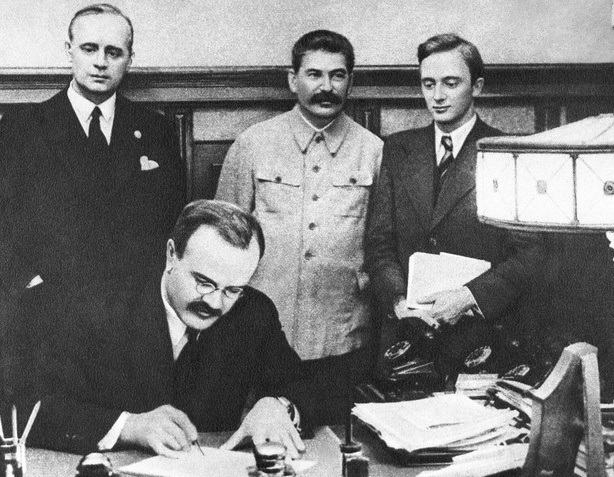

Mason Distinguished Lecture on World War II Steph Hinnershitz of the Museum’s Jenny Craig Institute for the Study of War and Democracy Simon Kuper is a columnist for the Financial Times.A conversation between Sir Rana Mitter and Dr. Rana is a regular presenter of Free Thinking, a BBC radio program on arts and ideas

His other books include the award winning A Bitter Revolution: China’s Struggle with the Modern World and China’s War with Japan, 1937-45: The Struggle for Survival. He’s Professor of the History and Politics of Modern China at Oxford, where he also directs the University China Centre. Rana Mitter, one of the world’s leading scholars of contemporary Chinese history, appears regularly on TV and radio to comment on Chinese politics and society. “I believe that to help us understand the new China, we must look at its past.” “China has always drawn on its past to draw lessons for the contemporary political scene,” Mitter says. China’s rediscovery of the war has become a platform for the new, assertive Chinese nationalism promoted by President Xi Jin-Ping. Another effect: Beijing is being positioned as a creator and protector of the international order that came out of the war-an order, China argues, that’s now under threat from the United States. Wartime China is now presented as victor, not victim.

Today WWII is constantly present in Chinese movies, TV shows, street art, popular writing, museums and social media. And there was too much embarrassing Chinese collaboration with the Japanese.īut as Rana Mitter describes in his new book China’s Good War: How World War II Is Shaping a New Nationalism, China has rediscovered its war.

The Japanese occupation of parts of China was felt to be a humiliating episode that was best forgotten, and the Communists were uncomfortable that their nationalist enemy Chiang Kai-Shek had been China’s main wartime leader. The Chinese regime never used to want to talk about their country’s experience in World War Two.


 0 kommentar(er)
0 kommentar(er)
